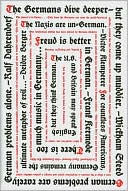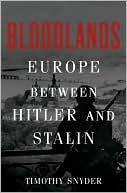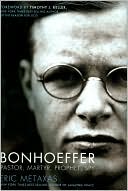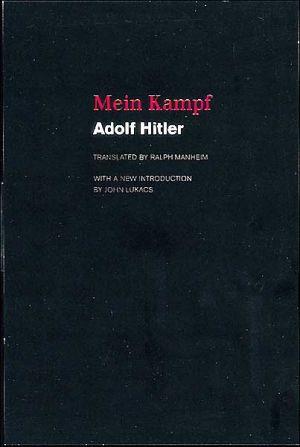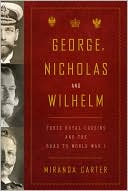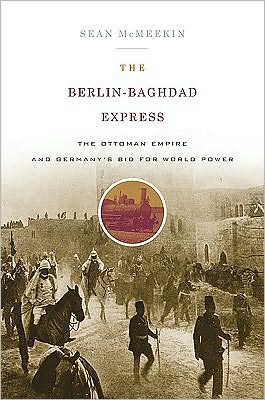The German Genius: Europe's Third Renaissance, the Second Scientific Revolution, and the Twentieth Century
Search in google:
Peter Watson's virtuoso sweep through modern German thought and culture, from 1750 to the present day, will challenge and confound both the stereotypes the world has of Germany and those that Germany has of itself. From the end of the Baroque era and the death of Bach to the rise of Hitler in 1933, Germany was transformed from a poor relation among Western nations into a dominant intellectual and cultural force—more creative and influential than France, Britain, Italy, Holland, and the United States. In the early decades of the twentieth century, German artists, writers, scholars, philosophers, scientists, and engineers were leading their freshly unified country to new and unimagined heights. By 1933, Germans had won more Nobel Prizes than any other nationals, and more than the British and Americans combined. Yet this remarkable genius was cut down in its prime by Adolf Hitler and his disastrous Third Reich—a brutal legacy that has overshadowed the nation's achievements ever since. How did the Germans transform their country so as to achieve such pre-eminence? In this absorbing cultural and intellectual history, Peter Watson goes back through time to explore the origins of the German genius, and he explains how and why it flourished, how it shaped our lives, and, most important, how it continues to influence our world. As he convincingly demonstrates, it was German thinking—from Beethoven and Kant to Diesel and Nietzsche, from Goethe and Wagner to Mendel and Planck, from Hegel and Marx to Freud and Schoenberg—that was paramount in the creation of the modern West. Moreover, despite World War II, figures such as Joseph Beuys, JÜrgen Habermas, and Joseph Ratzinger ensure that the German genius still resonates intellectually today. Publishers Weekly We are shamefully ignorant of German culture, asserts veteran British historian Watson (The Modern Mind) in this engrossing, vast chronicle of ideas, humanists, scientists, and artists: Bach, Goethe, Hegel, Gauss, and many more. Stirred by the French Revolution, German nationalism exploded. The same era in Germany produced the modern university—in which professors are expected to discover, not just teach, knowledge, and students learn to reason, not just memorize—and new forms of scholarship. There followed a cultural renaissance as important as Italy’s earlier one. Science flourished, stimulated by new university-based laboratories. Modern medicine started as German medicine (bacteriology began with Robert Koch). From Bach to Schoenberg, music became overwhelmingly German. Kant, Marx, Hegel, Nietzsche, and others dominated Western intellectual life. An ominous byproduct, though, was a growing, pugnacious sense of national superiority. This led to trouble, but until Hitler wrecked everything after 1933, Germans won more Nobel prizes than Britain and America combined. English now dominates the arts and sciences, but Watson writes an absorbing account of a time not so long ago when German ruled. (June)
